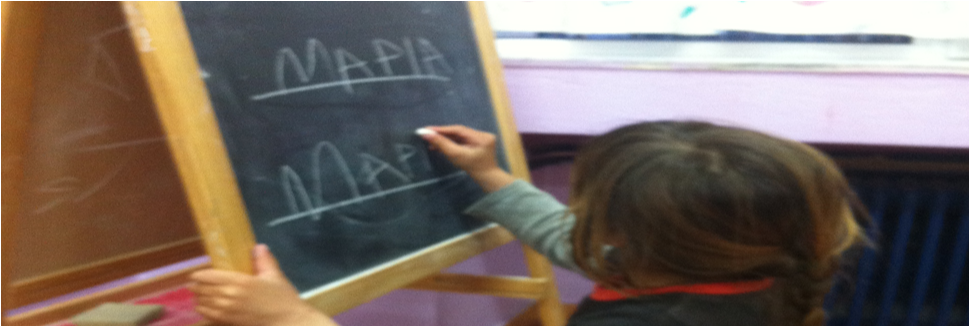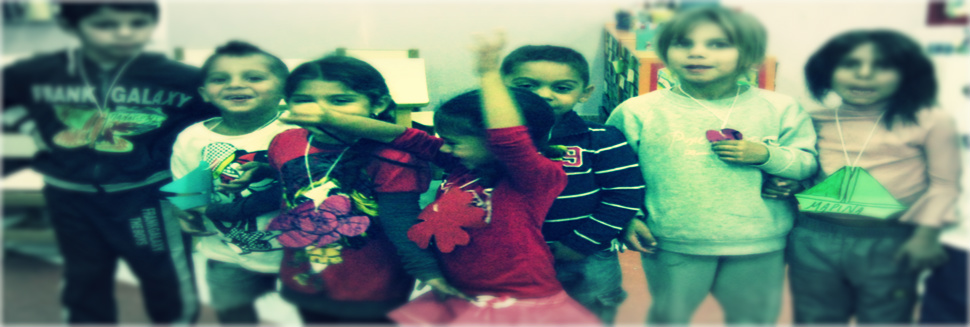A few tips and useful information

The objective of the so-called Roma calls for proposals under the Lifelong Learning
KA1 programme is to support transnational cooperation projects in order to develop
wider lifelong learning measures for Roma integration and network activities that
raise awareness for the most successful practices in the social integration of Roma.
One important feature of these calls is ‘joining-up educational and other measures’,
which means that the approach should be holistic, reaching beyond the confines of
education or schooling to include measures related to housing, health, education
and employment.
These calls invite proposals for Roma multilateral projects and networks from any and
all kind of organisations, public or private, which are active in the field of lifelong learning
in raising attainment levels in language and literacy skills: NGOs and stakeholders’
organisations: pre-primary, schools, primary, secondary and tertiary education (i.e.
access to university), VET, formal and non-formal education providers, higher education
including adult learning institutions, as well as any entity active in other social services,
such as health, housing and employment, including national or regional ministries in
charge of education and training.
The maximum share of the EU grant in the overall budget is 75 %, i.e. EUR 150 000
per year (EUR 25 000 for third countries) and the maximum duration of a project is
two years. Partnerships require a minimum of three LLP-participating countries in
multilateral projects (or five in networks), with at least one EU Member State.
So far, projects that are ‘explicitly but not exclusively’ addressing Roma in education
deal with teacher training, involvement of families, advocacy skills, exchanges of
good practices, building of networks and alternative pedagogies.
Whilst there is no sure-fire recipe for a successful project, it is clear that the following
features may help in devising a sound and persuasive project proposal: coherence
(problems, solutions, target groups, activities, budget, ambitions/resources/competence),
simplicity and clarity (simple and clear, identifying the need for such a proposal,
the solutions, and the outputs), evidence-based rationale (ex ante needs
analysis), state of the art, rigorous planning (what activities, when, for how long, and
with what resources?), and clear focus (a proposal is not meant to solve the world’s
problems, but to address a specific issue).
The Lifelong Learning programmes’ website should be regularly consulted to check
on news regarding forthcoming calls and other important information.
http://romateaching.eu/index.php/home/20-life-long-learning/42-a-few-tips-and-useful-information
Source: Roma and Education: Challenges and Opportunities in the European Union
© European Union, 2012

















